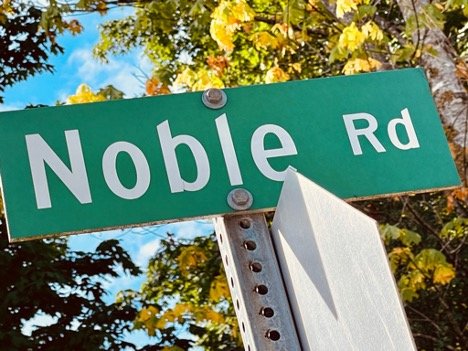Fatigue’s Powerful Role in Great Writing
Tired? Sleepy? Dead on your feet?
Here’s an idea: sit down and write.
Most writers say their productivity is best first thing in the morning. They rise early for a writing session energized by a good night’s sleep and fresh brain to knock out a few pages, perhaps a whole draft of a chapter. Indeed, we tend to be more focused and alert in the morning, as well as more agile at pushing aside distractions.
But there’s another time of day when you can tap into deeper levers of creativity and original problem solving that bodes well for exceptional writing: when you’re fatigued later in the afternoon and your body naturally enters a brief lull period. This is when your brain is no longer firing on all cylinders, and you have “leaky attention” that lets distractions more easily enter your mind. But those distractions can be beneficial to your thinking and writing. A good analogy is to consider a time when your best ideas came from something you noticed out of the corner of your eye rather than from where you were trying to focus all of your attention. You may be concentrating on one thing but other irrelevant information can enter your consciousness that ends up being useful to your writing process and creativity.
It’s called the inspiration paradox: innovation and creativity peak when we are not at our best. According to researchers and psychologists Mareike Wieth and Rose Zacks, who’ve studied and published on this phenomenon over the years, imaginative insights are most likely to come to us when we’re groggy and have “more diffuse attentional focus,” which allows us to capitalize on a meandering mind. This is precisely why daydreaming has been shown to enhance creativity and the incubation of ideas.
So don’t dismiss those times when you’re feeling weary and spent. Before you reach for that coffee or indulge in a power nap, think about playing with your tired brain in a writing session. When you’re generating ideas, you just might find that your leaky brain is a source of strength.
Credit: Photo by REGINE THOLEN on Unsplash
